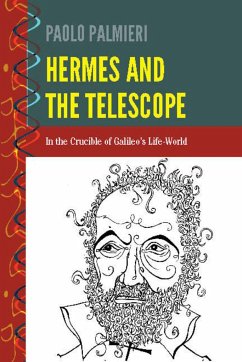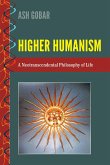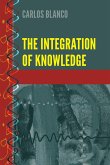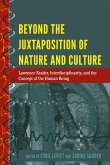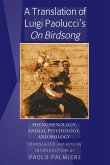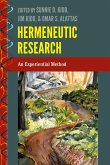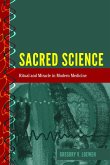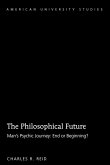This book explores the life of Galileo Galilei through a philosophical and scientific lens, utilizing an innovative hermeneutic perspective that places his work in the wider context of early modern hermeticism, religious heresy, and libertinism.
As the first comprehensive study of Galileo's life and work from a phenomenological and existentialist viewpoint, Paolo Palmieri calls into question the positivist myth of Galileo, the founder of modern science, and interrogates the positivist historiography that has shaped the myth since the historic publication of the monumental edition of Galileo's works at the turn of the twentieth century. The book highlights the entanglement of Galileo's natural philosophy with his private unorthodox convictions about Christian theology, Biblical hermeneutic, sexuality, and the hidden traditions of Italian heretics and libertines. The text demonstrates the philosophical, pedagogical, and political implications of this new reading of one of the founding fathers of modernity for both the sciences and the humanities.
Addressing hotly debated questions of ethnicity, racism, subjectivity, the self, and pedagogy, this study will be of particular interest to scholars who teach both undergraduate and graduate courses in history of science, philosophy of science, phenomenology and existential philosophy, cultural studies, Italian studies, humanism, and the European Renaissance.
As the first comprehensive study of Galileo's life and work from a phenomenological and existentialist viewpoint, Paolo Palmieri calls into question the positivist myth of Galileo, the founder of modern science, and interrogates the positivist historiography that has shaped the myth since the historic publication of the monumental edition of Galileo's works at the turn of the twentieth century. The book highlights the entanglement of Galileo's natural philosophy with his private unorthodox convictions about Christian theology, Biblical hermeneutic, sexuality, and the hidden traditions of Italian heretics and libertines. The text demonstrates the philosophical, pedagogical, and political implications of this new reading of one of the founding fathers of modernity for both the sciences and the humanities.
Addressing hotly debated questions of ethnicity, racism, subjectivity, the self, and pedagogy, this study will be of particular interest to scholars who teach both undergraduate and graduate courses in history of science, philosophy of science, phenomenology and existential philosophy, cultural studies, Italian studies, humanism, and the European Renaissance.

